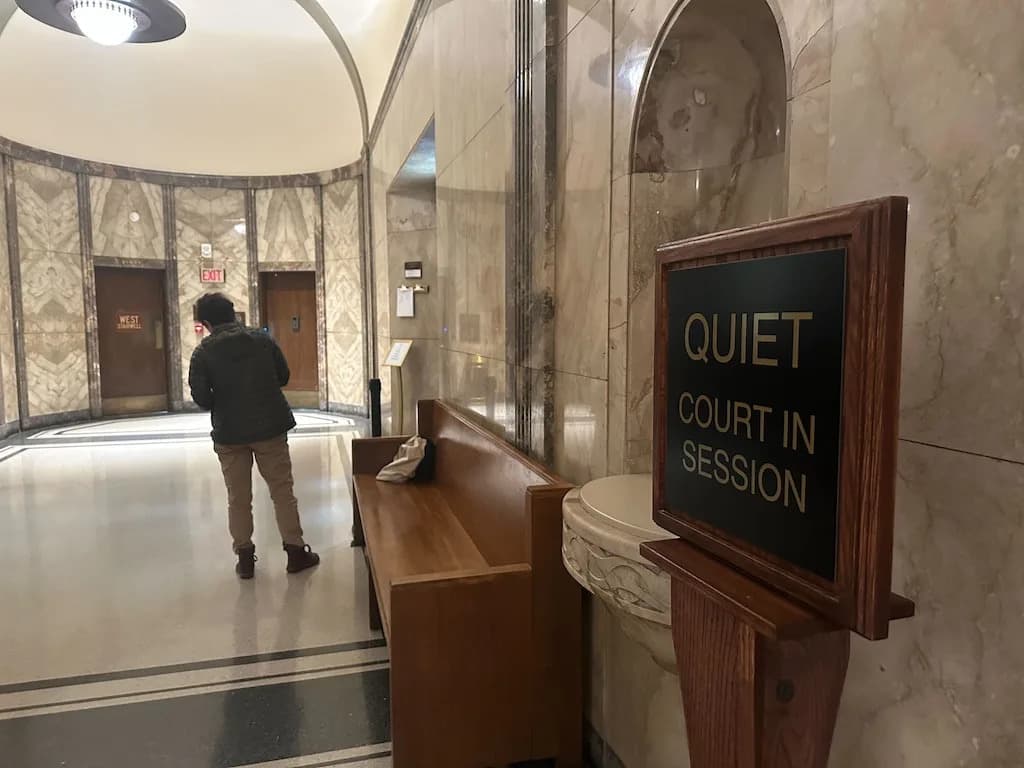Abortion remains a top 2025 election issue. Gubernatorial contests in New Jersey and Virginia and a high-dollar judicial-retention vote in Pennsylvania could reshape abortion access. New Jersey’s permissive law faces a challenge from Republican Jack Ciattarelli’s proposed 20-week limit. Pennsylvania’s retention vote involves roughly $15–16 million in spending tied to abortion messaging, and Virginia’s outcome — plus control of the state House — will determine whether voters get a chance to decide a constitutional amendment protecting abortion rights.
Abortion on the Ballot: Three 2025 Races That Could Reshape Access in NJ, PA and VA

Abortion rights remain a top issue in three pivotal 2025 contests
More than three years after the U.S. Supreme Court’s decision in Dobbs v. Jackson Women’s Health Organization overturned Roe v. Wade, state-level fights over abortion continue to shape campaigns and elections. In 2025, high-profile contests in New Jersey, Pennsylvania and Virginia could materially affect access to abortion services — from gubernatorial power to the balance of a state supreme court.
New Jersey: Governor’s race could alter one of the most permissive laws
New Jersey currently allows abortion without a statutory gestational limit, making it one of the more permissive states. The governor’s race pits Democrat Mikie Sherrill, a sitting U.S. representative, against Republican Jack Ciattarelli, a former state lawmaker and Republican nominee for governor. Sherrill supports the state’s current law; Ciattarelli has proposed a 20-week ban, backed measures to strip funding for Planned Parenthood, and supports parental notification for minors seeking abortions.
Jack Ciattarelli: “I’ve always supported a woman’s right to choose. What I don’t support is making New Jersey the abortion capital of the country... I don’t support that, let alone use taxpayer dollars to do that.”
Mikie Sherrill: “When you put in place things like my opponent has suggested, people die. These are not pro-choice positions.”
Advocacy groups such as Planned Parenthood and Reproductive Freedom for All have purchased six-figure ad buys to support Sherrill; late-October Rutgers polling showed Sherrill leading by roughly five points.
Pennsylvania: Judicial retention vote becomes a high-stakes proxy fight
In Pennsylvania, voters will decide whether to retain three Democratic state supreme court justices: Christine Donohue, Kevin Dougherty and David Wecht. If any justice is removed, Governor Josh Shapiro would appoint a temporary replacement until a competitive election in 2027. Democrats currently hold a 5–2 majority on the court, so even a single loss could shift its ideological balance.
Since the Dobbs decision, state supreme courts have often become the final arbiters of abortion policy. That dynamic has dramatically increased spending in judicial races. Douglas Keith of the Brennan Center estimates roughly $15–16 million has already flowed into Pennsylvania’s retention fight, much of it focused explicitly on abortion-related messaging. The Pennsylvania Supreme Court has already weighed in on abortion policy, ruling in 2024 that a ban on using Medicaid to pay for abortions violated the state’s equal-rights amendment.
Virginia: Governor’s race and the statehouse matter for a constitutional amendment
Virginia’s contest features Republican Lt. Gov. Winsome Earle-Sears and Democrat Abigail Spanberger, a former U.S. representative. Virginia has not enacted a near-total post-Roe ban and has become an important destination for clinics serving people from states with tighter restrictions. Spanberger supports current law allowing abortion up to 27 weeks and has championed a proposed state constitutional amendment to protect abortion rights; the amendment must pass the General Assembly twice before going to voters.
Earle-Sears, who as lieutenant governor was required to sign measures passed by the legislature (including the amendment), attached a handwritten note to one such bill stating, “I am morally opposed to this bill; no protection for the child.” During her 2021 campaign she described abortion in stark terms and has signaled she would favor much tighter restrictions. In the only debate with Spanberger, Earle-Sears emphasized she would defer to the majority rather than impose her personal view.
Control of all 100 seats in the Virginia House of Delegates is also at stake this year. Democrats must retain that chamber in order to pass the amendment a second time and send it to voters in 2026. Recent polling shows Spanberger with a lead over Earle-Sears.
Why this matters
With the Supreme Court no longer setting a national standard, state-level elections — including gubernatorial races and judicial retention votes — have become decisive arenas for abortion policy. Voter decisions in these three states will influence not only local law but also access to care for people who travel across state lines. Expect continued heavy spending, targeted messaging, and intense organizing on both sides of the issue as Election Day approaches.
Sources: public statements and recent polling; reporting on campaign ad buys and judicial spending estimates from the Brennan Center and Rutgers University.
Help us improve.


































